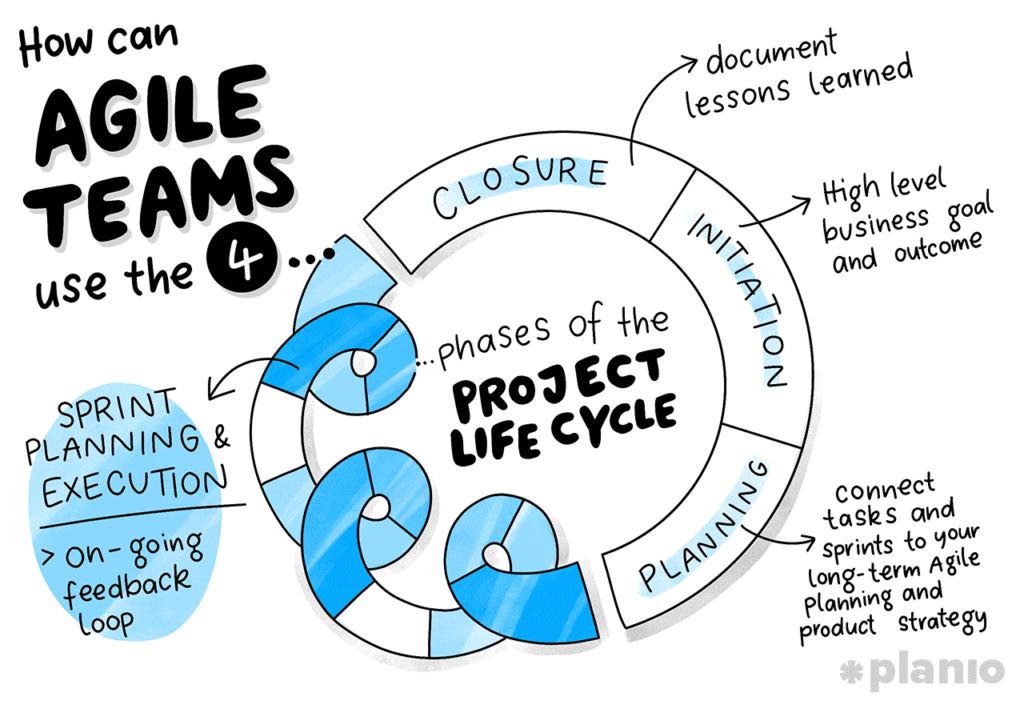The concept and idea of a “working group” varies immensely in academia, but in the industry, it has a very clear definition: it is a group of people working on a very specific problem within a timeframe. Although the time to digest and rethink deeply complex ecological problems is instrumental for scientific progress, very often scientists are called to act, to propose a specific solution for a specific problem (even more in the rapidly changing world we’re living in).
The Student-Led Working group aims to promote leadership opportunities for BIOS2 fellows while fostering diversity, inclusion and accessibility in research environments. This call simulates a project development pipeline, with four phases: initiation, planning, execution and closing. Proponents of a working group would submit a project where the organization and leadership are well-defined in the project, as well as expectations, budget and timelines. BIOS2 fellows are invited to submit a project proposal with a schedule for up to seven months, including at least the execution and closing phases of a research project.
A budget of up to CAD$ 5000 is available for travel, accommodation, material and publication fees. In-person event coordination and/or mentoring for organizers can be provided by the BIOS2 coordination team.
Project submission
Each project would clearly define a roadmap including the four phases of project development cited above.

The project should not last more than one academic year and can be very short to include only the final phase of the working group. For example, if a student have already gone through the ideation phase, but needs help planning and executing their projects, they should include the ideation phase in the project and describe the outcomes that would be the input of the planning phase.
Additionally, the group members should be defined by the proponent. A very important aspect of a working group is the choice of the people who will work together. It requires planning and leadership skills to identify the people with the technical baggage, interests and availability to work on a project. It’s up to the proponent how they will find the right people. If needed, the applicant group can open a call for applications to invite more participants, and BIOS2 can help publicizing this call, but the final selection should be made entirely by the proposal’s leadership group. BIOS2 will consider the diversity of the group and justifications for the group composition when deciding if the project will be funded.
The project may or may not include in-person meetings, but should include at least one sprint period. Sprints are short, time-boxed periods when a team works to complete a very well-defined set amount of work. The amount of work defined by the leaders must be compatible with the length of the sprint: the shorter the period, the smaller the number of tasks to be completed. An imbalance in this ratio will certainly lead to burnout and frustration. The sustainability and inclusivity of in-person meetings must be considered during the selection process.
The application package will consist of a written project (that can be supported by other media, such as videos, audio, images, websites, etc.), a lean canvas proposal, a budget spreadsheet and a timeline of ideation (when applicable), planning, execution and closing phases. This timeline must comprise any period between December 1st, 2024 and August 31st, 2025, including the closing phase.
The written project and supporting media should expand on the bullet points added to the lean canvas, and there, proponents must define:
- One clear problem to be solved and why it’s important to solve it. Applicants should include their problem in a good theoretical context that can be understood by specialists and non-specialists.
- Description of the human resources of the group, i.e., names and contributions of each participant. Applicants must not attach any CVs – instead, they should explain why they decided to invite these people to help them solve the problem defined before.
- Expected outcomes: explicit what and how many products they expect to deliver by the end of the timeline, why they are important, and how they can be used as a measure of success.
- The budget document must be filled in in detail. Applicants should include itemized expenses instead of broad categories (i.e., instead of “support for participants”, they should try to describe which kind of support they are talking about – child care? transportation? translation? masks?).
- Applicants must also include a description of regular activities, depending on the number of phases they include in the project (frequency of virtual and in-person meetings, visits, training, etc.).
The templates for the lean canvas and budget are available below:
Eligibility
Applicants must be currently registered in a study program in ecology, environmental science, evolution or a related discipline in a Canadian university and be a BIOS2 fellow. The other members of the group don’t need to fulfill these requirements, but only students can receive funds from BIOS2. Non-students in the group should be funded by other sources.
Selection process and deadlines
Applications must be submitted by November 8th, 2024. The selection committee will be composed of BIOS2 and QCBS staff members and alumni. Results are to be expected in the last two weeks of November, 2024.
Application packages should be submitted as one single zip file through this form: https://tally.so/r/31vypW

